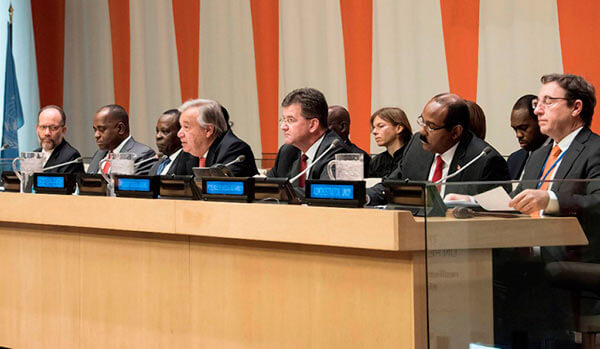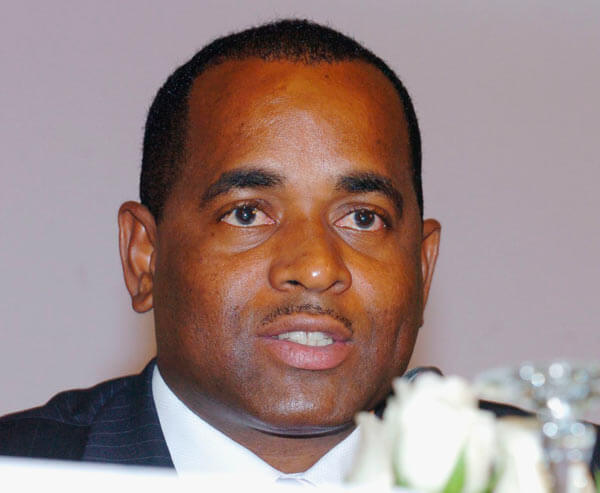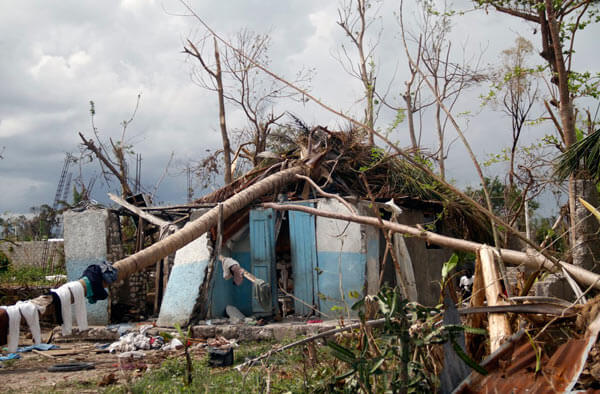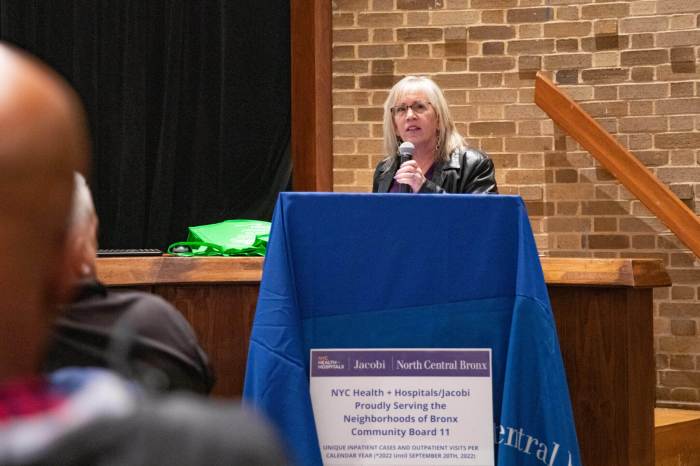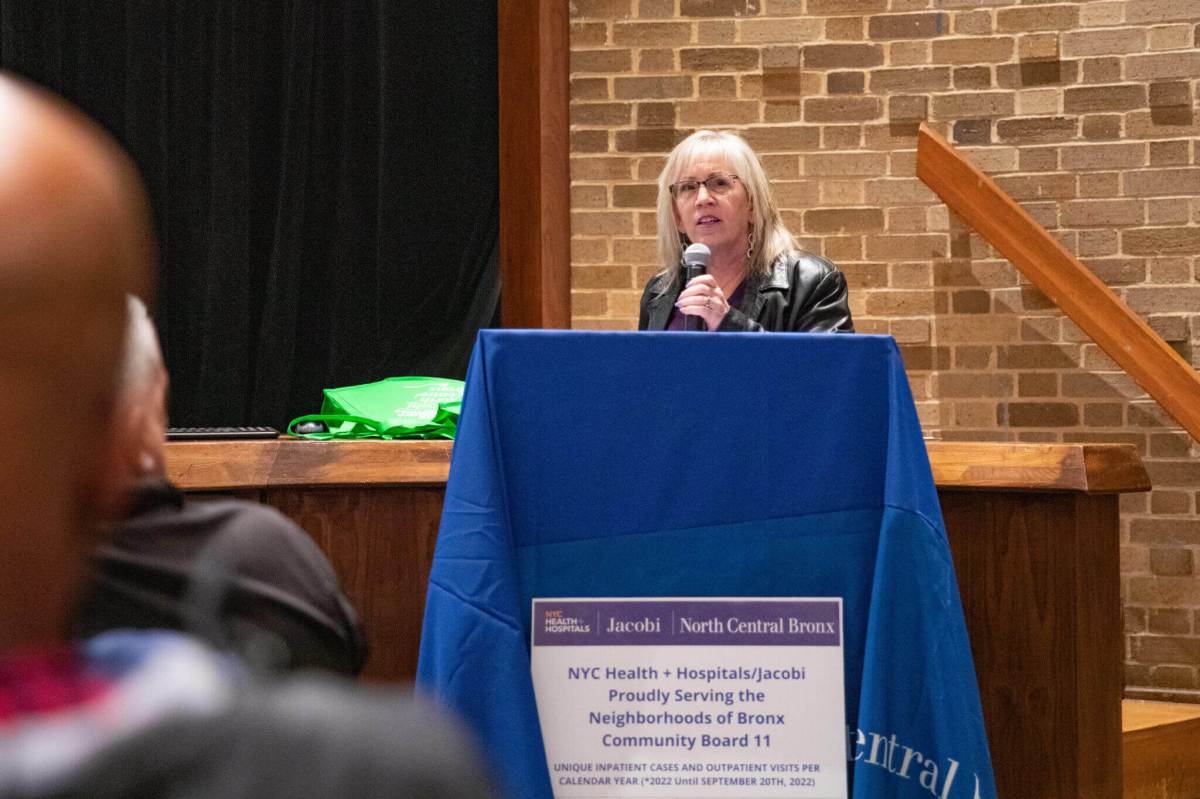Grenada
Security forces from the Caribbean recently joined the United States, France and the United Kingdom for maritime and internal security and disaster response training in Grenada as part of Exercise Tradewinds 2016.
This year’s Exercise Tradewinds was conducted in three phases; Phase 1 included maritime and land operations, which took place in Grenada through June 14: Phase II which will include maritime and land operations, including U.S. Marines will take place in Jamaica from June 20-28; Phase III, a key leader seminar, will be conducted between July 20-22 in Miami for key stakeholders and decision makers from the region.
Exercise Tradewinds supports the Caribbean Basin Security Initiative (CBSI), a U.S. Department of State regional security partnership. Phases 1 and 11 are designed to conduct joint, interagency capacity building exercises for participating nations. Those exercises focus on increasing regional cooperation in complex, multinational security operations, humanitarian assistance and disaster response operations.
Military and security personnel from 13 Caribbean Community (CARICOM) Member States — Antigua and Barbuda, Bahamas, Barbados, Belize, Dominica, Grenada, Guyana, Haiti, Jamaica, St. Kitts and Nevis, Suriname, St. Vincent and the Grenadines and Trinidad and Tobago- joined military personnel from the United States, Canada, France, and the United Kingdom for Phase 1 of the Exercise Tradewinds 2016.
Participating regional organizations include the Regional Security System (RSS), Caribbean Disaster Emergency Management Agency (CDEMA) and CARICOM.
Guyana
Police in Guyana have arrested six people in connection with a live grenade that was found near the Kaieteur News newspaper recently.
Police said in a statement that after reviewing surveillance footage, they have seized a motorcar matching the description and six suspects.
It said the suspects were arrested at several locations in Sophia, South Georgetown and its environs.
The announcement by the police came after the Guyana Press Association (GPA) called on law enforcement authorities to conduct an “in-depth investigation” into the matter.
Investigators said the device was found near a vehicle owned by the newspaper’s publisher, Glen Lall, where colleagues had gathered to pay respects to journalist Dale Andrew, who died recently.
In a statement the GPA said: “All stakeholders in the international community, opposition, government and civil society must speak out against what seems like a calculated act to intimidate the work of Kaieteur News. The media in Guyana must be allowed to carry out its crucial work of being the society’s watchdog, ensuring transparency and efficiency in the state and private sectors, without frightening distractions like these.”
Jamaica
The Jamaica Constabulary Force (JFC) says there is an overall 10 percent reduction in most categories of serious and violent comes for the first six months of this year.
Data from the Statistics and Information Management Unit of the JFC indicates that there was an overall two percent reduction in murders when compared to the same period- Jan. 1- to June 4, 2015, while there was a 29 percent reduction in rape and a 27 percent drop in aggravated assault. Shootings, however, saw a six percent increase, the Corporate Communications Unit (CCU) said in a release.
Divisions in Kingston, St. Andrew and St. Catherine accounted for the greatest reduction, with an overall 10 percent reduction with the exception of the St. Andrew Central Division that recorded a four percent increase in murders or one more than the same period last year.
The St. James Division continues to record a high rate of murders with a total of 103 murders compared with 81 for the same period last year or a 27 percent increase outlined. However, all other categories of serious and violent crimes have seen a three percent reduction in that parish.
Robberies are down by 30 percent, while larceny has been reduced by 52 percent, the police reported.
St. Vincent
Officials in St. Vincent and the Grenadines will no longer swear allegiance to the Queen when taking oaths of office, instead they will swear to “be faithful and bear true allegiance to St. Vincent and the Grenadines.”
Parliament recently passed an amendment bill to get rid of the practice of officials swearing allegiance to the Queen.
Prime Minister Dr. Ralph Gonsalves says it is not any disrespect to Queen Elizabeth 11, the country’s ceremonial head of state.
Gonsalves pointed countries such as Jamaica that have the Queen as their head of state but do not swear allegiance to her.
He pointed out there was no constitution requirement for officials to swear allegiance to the Queen and the amendment to the Oaths by Officials Act simply makes the oath more “consistent with the sensibilities of the people of St. Vincent and the Grenadines, even though they may still wish to acknowledge her majesty.”
In November 2009, a referendum in St. Vincent and the Grenadines on proposed changes to the Constitution — including a switch from the Queen to a president elected by the National Assembly as the ceremonial head of state — was defeated.
St. Kitts
The St. Kitts and Nevis government is making efforts to reduce the substantial debt owed to the government of Venezuela under the PetroCaribe agreement.
Speaking at his monthly press conference recently, Prime Minister and Minister of Finance, Dr. Timothy Harris referred to the debt as a part of the bad inheritance that his administration received after taking office in February 2016.
He said the last government boasted that they had so much money but refused to pay their debts.
Harris said the “significant backlog” has been the subject of ongoing discussions between his government and the government of Venezuela adding that federation’s financial secretary will meet with officials from PDV St. Kitts and Nevis to “deal with this matter.”
St. Kitts and Nevis owes Venezuela US$45 million under the PetroCaribe arrangement, according to Energy Minister Ian Liburd.
Minister of Public Infrastructure, Ian “Patches” Liburd recently disclosed that the St. Kitts and Nevis government had accrued a debt of close to US$200 million to PDV St. Kitts and Nevis between the years 2009 and 2011.
Suriname
The International Monetary Fund (IMF) has approved a US$478 million 24-month Stand-By Arrangement for Suriname to support the government’s economic reform program.
The board’s approval of the arrangement enables the immediate disbursement of US$81 million.
The home-grown program aims to facilitate Suriname’s adjustment to the fall in prices of major commodity exports, restore confidence and pave the way to economic recovery.
A critical ingredient of the program is fiscal consolidation, to restore fiscal and external current account stability.
The program will also catalyze support from other multilateral institutions, including the Caribbean Development Bank, the Inter-American Development Bank, the Islamic Development Bank and the World Bank Group, as well as from bilateral creditors.
Director and acting chair of the IMF Board said in a statement: “Suriname has been hit hard by the drop in the international prices of its main exports and the closure of the country’s alumina production. These developments have caused substantial fiscal and current account deficits, a rundown of international reserves and an economic downturn.”
St. Lucia
The Caribbean Development Bank (CDB) has approved a US$11.2 million loan to the government of St. Lucia to help improve the water supply system in the community of Dennery North.
The Dennery North water supply redevelopment project aims to deliver a safe, reliable and climate-resilient supply of potable water to residents and businesses in the area.
The community of Dennery North is grappling with some of the most acute water supply challenges in St. Lucia. In the dry season, raw water is especially turbid and treatment facilities are unable to improve the quality to an acceptable level. In addition, the community’s water supply infrastructure is outdated and can no longer keep pace with rising demand.
The water shortages have disrupted household and business activities in Dennery North, led to migration out of the community, and reduced productivity and profitability.
In addition to the loan, the government will receive a grant of US$110,000 to be used for communications and building awareness of the project; water conservation practices; water-borne diseases; and the imp act of climate change on water supply.
Turks and Caicos Islands
Expedia, one of the world’s leading travel companies, has reported that travel demand to the Turks and Caicos Islands (TCI) on all its sites grew 15 percent in 2015 compared to 2014. Package bookings transactions that combine components like flights and hotel continue to increase in the TCI with more than 25 percent increase in 2015 year-over-year.
New data from Expedia also indicate that the United States remains the key feeder market for the TCI, with a reported 20 percent growth in 2015 year-over- year. The United Kingdom and Brazil are other key markets, growing at over five percent and nearly 30 percent respectively as well during the same time frame.
Representatives from Expedia’s market management team recently attended the Turks and Caicos Conference, the destination’s premier trade event and the single most important business generator for the TCI tourism industry.
Throughout the four-day conference, Expedia executives shared the latest news, information on innovative marketing tools and recommendations on how hotel partners can take advantage of Expedia’s mobile technologies and market intelligence to achieve increased visibility and incremental demand for their properties.
Trinidad
Despite the sharp decline in the Trinidad and Tobago economy over the past 18 months, the country’s financial sector, “is sound and resilient,” according to the Central Bank Governor Alvin Hilaire.
He was speaking at the presentation of the Central Bank’s Financial Stability Report 2015.
The report states that the precipitous decline in energy commodity prices, couple with lower production levels, has had an adverse impact on the central government’s fiscal operations, while the trade balance and the terms of trade have also worsened.
“Labor market conditions have deteriorated but job losses to date have mostly concentrated in energy and energy-related industries,” the report noted.
However, the report added: “Thus far, challenges within the domestic macroeconomic environment stemming from the fall in energy prices have not translated into a material decline in any of the key Financial Soundness Indicators of the banking and insurance sectors.”
The Central Bank found that even though the country’s banks were stress tested for adverse interest rates, foreign exchange, credit, property prices and liquidity shocks, capital adequacy ratios continued to be above eight percent statutory benchmark.
— compiled by Azad Ali



















